A post by
Annick Seiz
Ambassadress of Delight
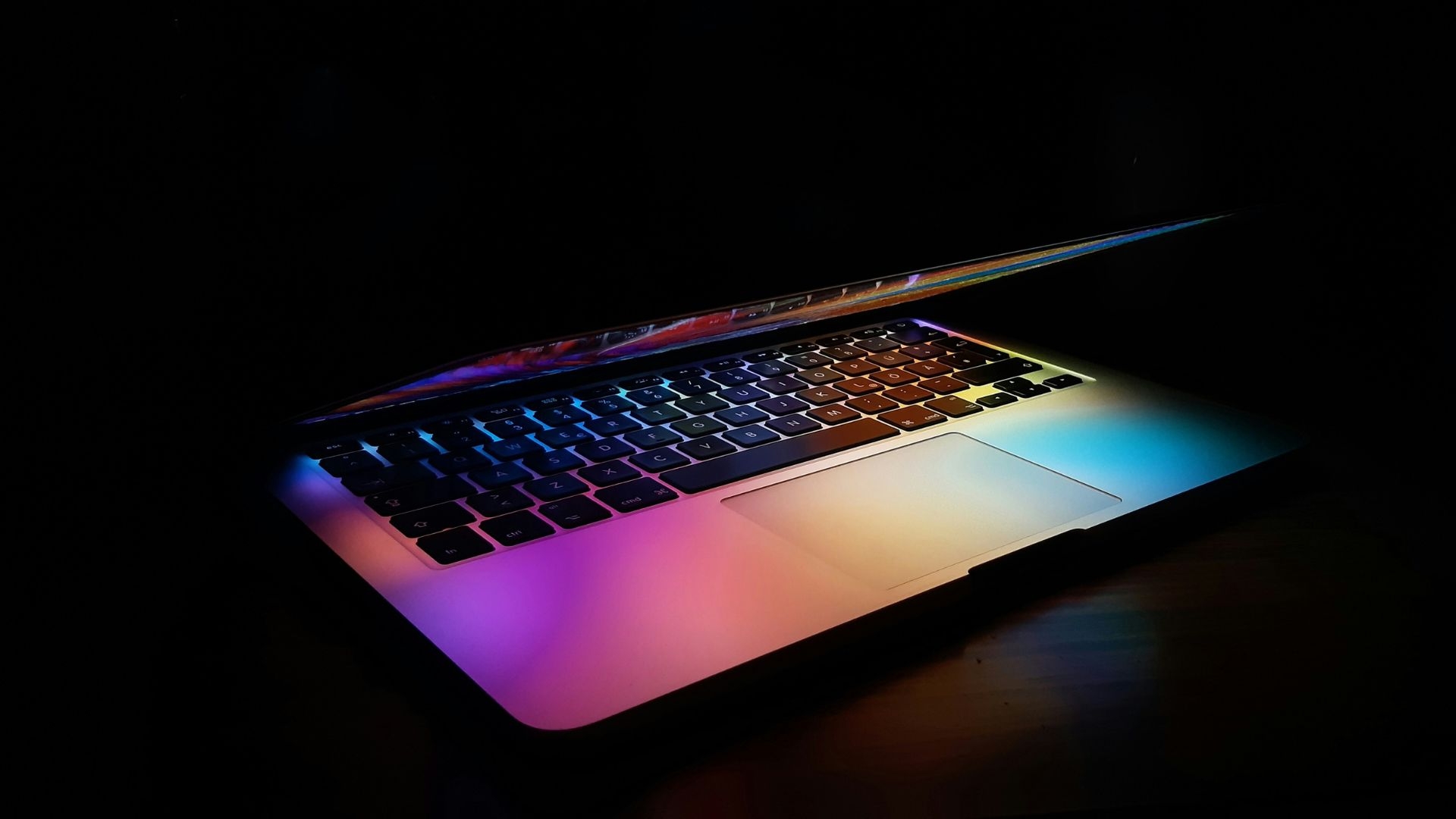
The global beverage industry is undergoing a profound transformation: more and more companies are turning to artificial intelligence (AI) to fundamentally transform their processes, products and marketing. From recipe development to design and production to sales and distribution management, AI is now common practice in breweries, wineries and soft drink companies.
Released on 11/09/2025
A post by
Annick Seiz
Ambassadress of Delight
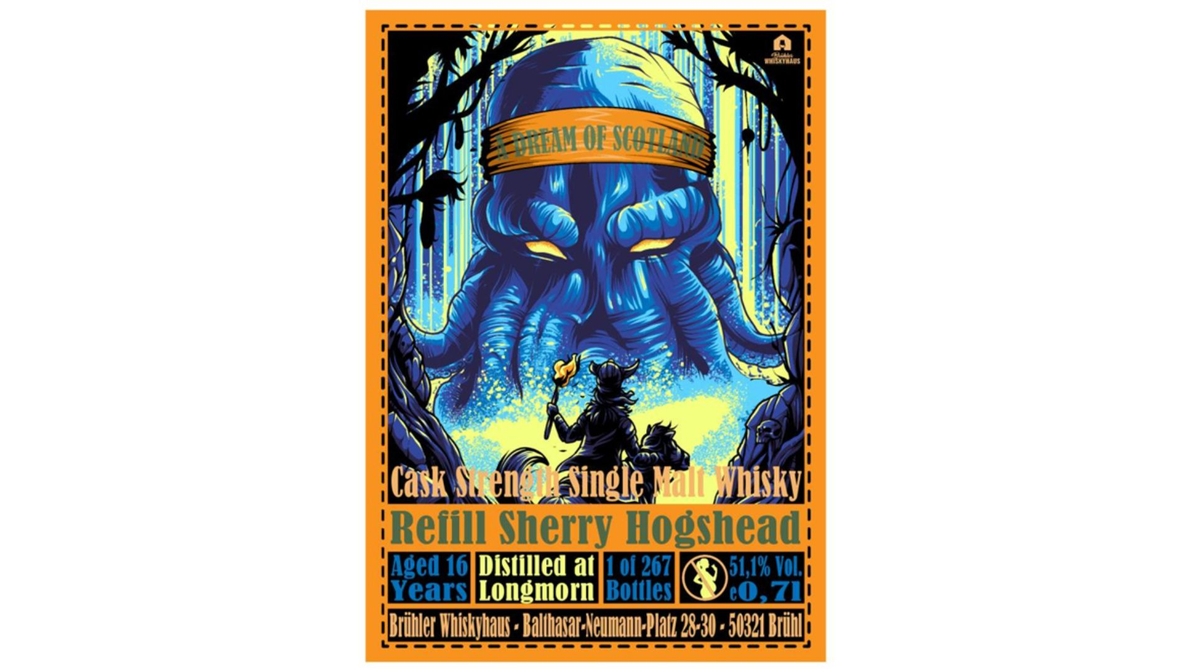
AI generated whisky label
In recipe development, AI algorithms enable sensory data, market trends and customer reviews to be evaluated. Companies such as Carlsberg (Denmark) use the ‘Beer Fingerprinting’ project to analyse and optimise beer recipes. In Belgium (KU Leuven), AI is generating new non-alcoholic beer varieties that often surpass traditionally brewed products in taste tests. In the coffee sector, AI has also led to the creation of the ‘AI-conic’ blend in Helsinki – including an automatically generated label and flavour description.
The design of labels, bottles and cans has been fundamentally transformed by tools such as Midjourney, DALL-E and Stable Diffusion. Marketing departments can create countless variations in seconds, target trends and target groups, and implement seasonal and individual campaigns at lightning speed. Breweries such as Heineken are using these tools to develop regional labels that precisely match country-specific tastes and design preferences.
Case study: ADOS (A Dream Of Scotland) whisky brand from the Brühl Whisky House
German whisky merchant Marco Bonn opened his shop in 2010 with the premise of doing things differently in what was essentially a saturated whisky market in order to stand out from the competition. In 2024, the Brühler Whiskyhaus was named the best whisky shop in Germany and received the prestigious Gold Award from the Whisky Ambassador.
To set itself apart from the competition, Brühler Whiskyhaus offers a high-quality and diverse range of spirits (in-store and online) and has created its own brand as an independent bottler called A Dream Of Scotland (ADOS). Its recipe for success is a mix of eye-catching labels and whisky series with collector's value, a constantly growing product range and high-quality events in its lovingly decorated shop.
The ADOS labels were initially designed in collaboration with tattoo and graphic artists. However, the commissioned work quickly became too expensive and there was a lack of creative external manpower. That's why label design has long been a matter for the boss, as the in-house whisky line is an important economic pillar of the company. With the help of image editing programmes, self-created grids and AI tools such as Midjourney, Marco Bonn designs the bottle labels himself after work.
He is aware that the sometimes somewhat revealing images polarise opinion, but the sales figures prove him right. For high-quality production with a 3D feel, collaboration with professional printers is particularly important to him. Marco Bonn says: ‘Pure product quality is not enough to differentiate yourself in a highly competitive market. Sales success depends not only on an exciting product range, a great shop, a motivated team and good ideas, but also on creative courage in marketing and packaging.’
Manufacturers such as Diageo (Johnnie Walker, Guinness) use AI for hyper-personalised advertising and micro-targeting – controlled by analysis of social media, customer data and purchasing behaviour. Up to half of the companies surveyed report a direct increase in ROI through AI-supported marketing campaigns, automated chatbots and individual product recommendations.
The use of AI applications in the beverage industry does not stop at marketing and product development. AI systems analyse machine, production and sales data in real time. They take over predictive maintenance, quality assurance in bottling, reduce downtime, lower waste and increase efficiency.
AI-based tools optimise supply chains, storage, route planning and energy consumption. Coca-Cola, for example, uses algorithms for precise inventory management and CO₂ minimisation worldwide. AI-driven logistics reduce transport times while saving costs – and help to reduce food waste and energy consumption.
AI-supported robot systems in laboratories (e.g. for cappuccino powder optimisation) or the ‘SmartDate’ classification for juices show how research is further automating and refining production. Upcoming trends: intelligent vending machines with facial recognition, blockchain-supported traceability, NFT-based authentication for luxury beverages.
However, despite enormous potential, companies face challenges: high energy and water requirements, large initial investments, a shortage of skilled workers and data protection concerns are hindering the wider penetration of the technology. In the food industry in particular, regulation and transparency regarding the use of artificial intelligence remain a key issue that will sooner or later have to be regulated by law in order to prevent a loss of trust and abuse.
At the same time, creative individuals remain irreplaceable. The interface between humans and machines will remain – because creative fine-tuning, sensory final adjustments and emotional brand management will continue to be significantly influenced by human experts.
Artificial intelligence is not only a driver of efficiency, but also a creative force in the international beverage industry. It enables innovative products, accelerates design and production processes, makes supply chains more sustainable and improves customer loyalty. Those who use AI in a technology- and cost-driven manner, but with tact and sensitivity, will benefit from better products and enthusiastic customers – and have a lasting impact on the industry.
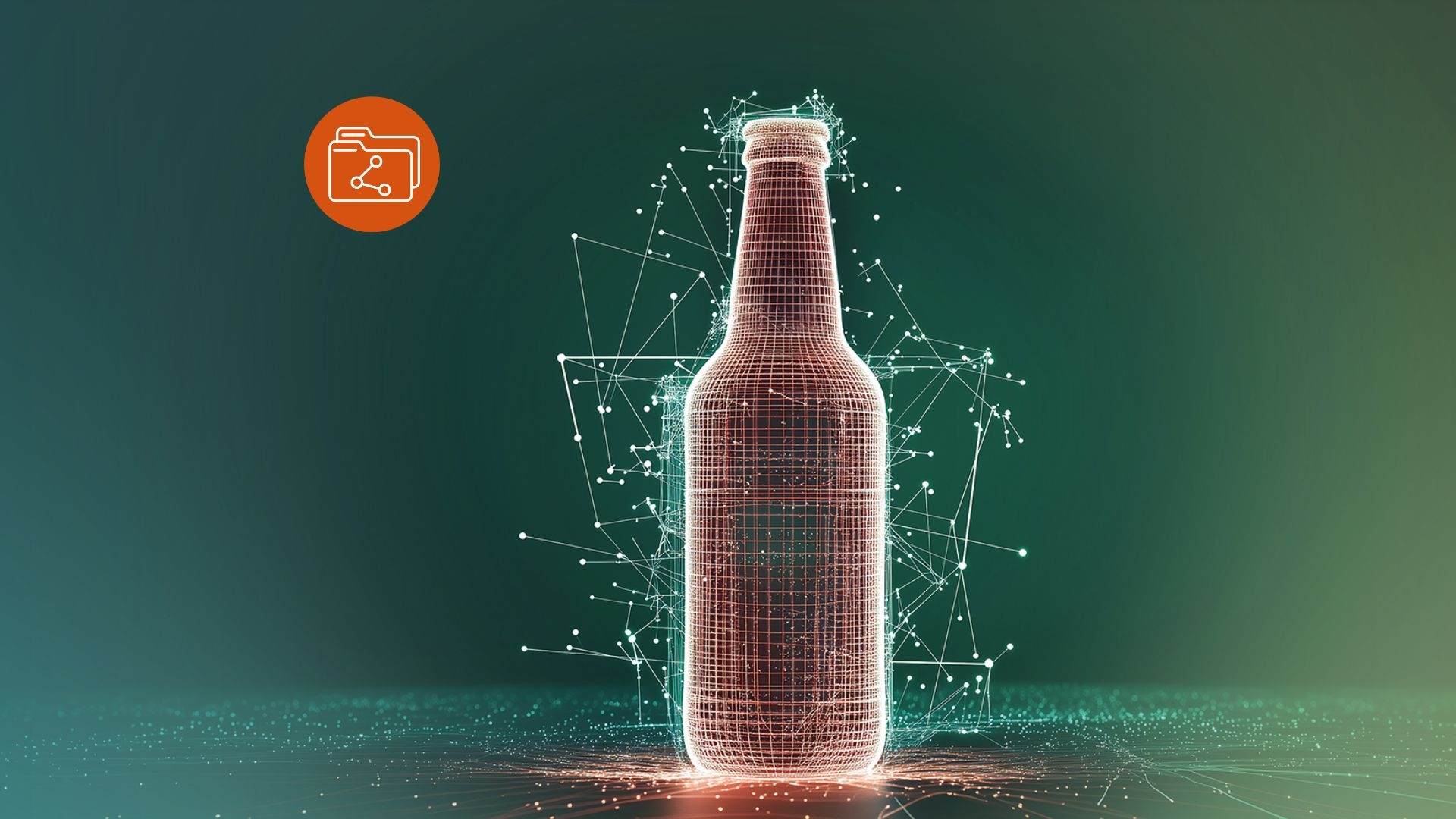
drinktec key topic
A post by Susanne Blüml
Read more
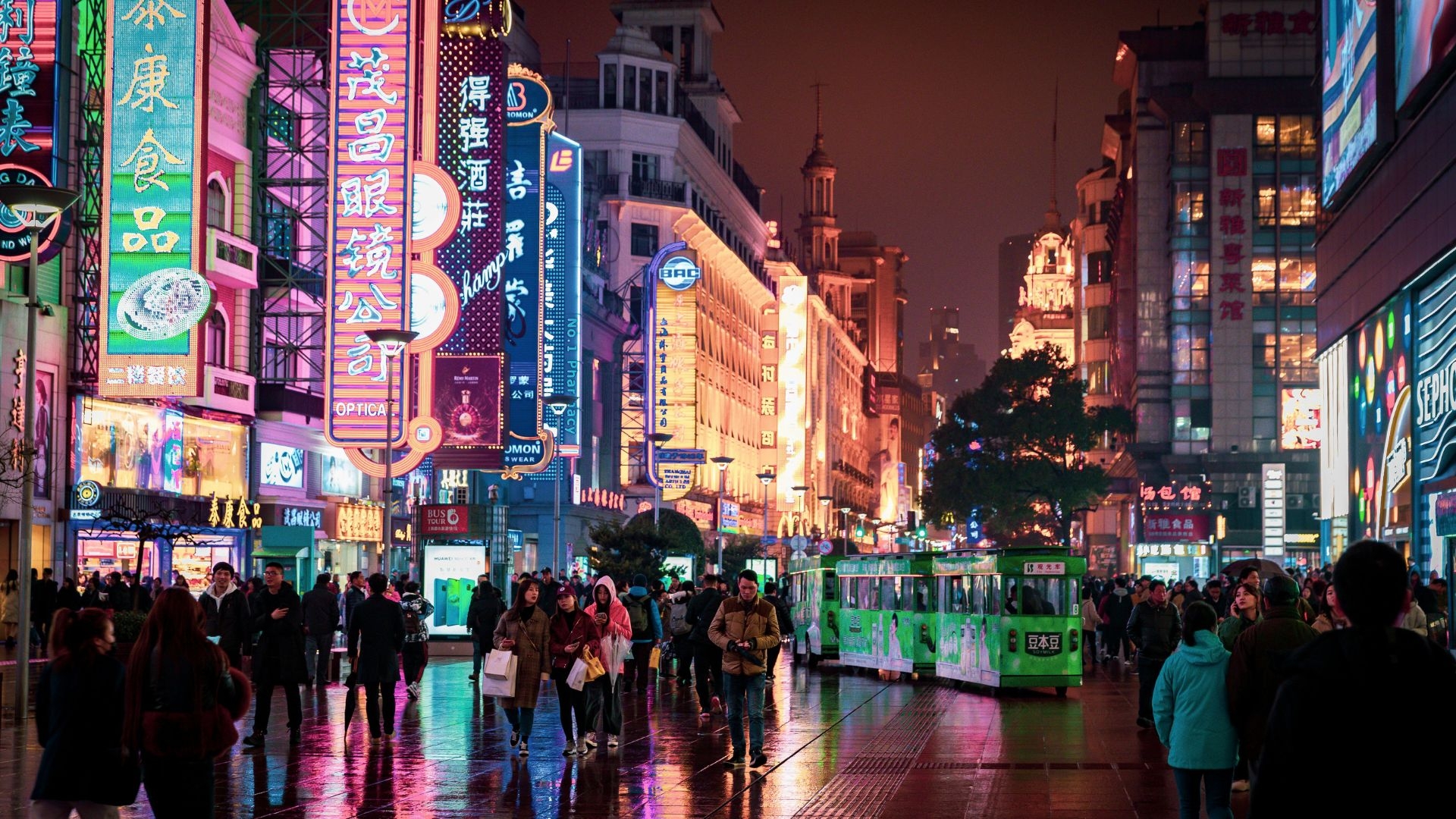
Market data
A post by Susanne Blüml
Read more
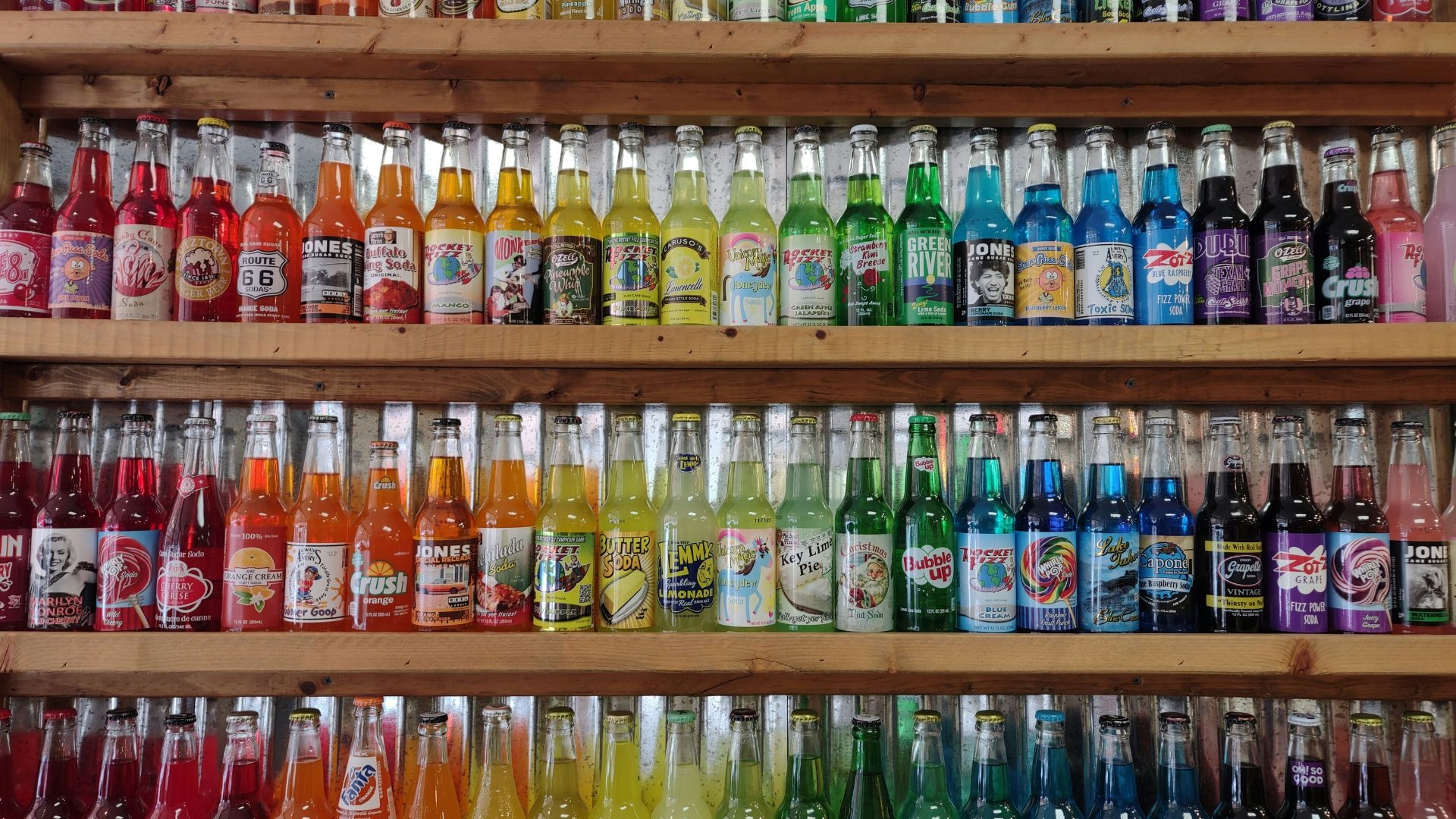
Market data
A post by Susanne Blüml
Read more
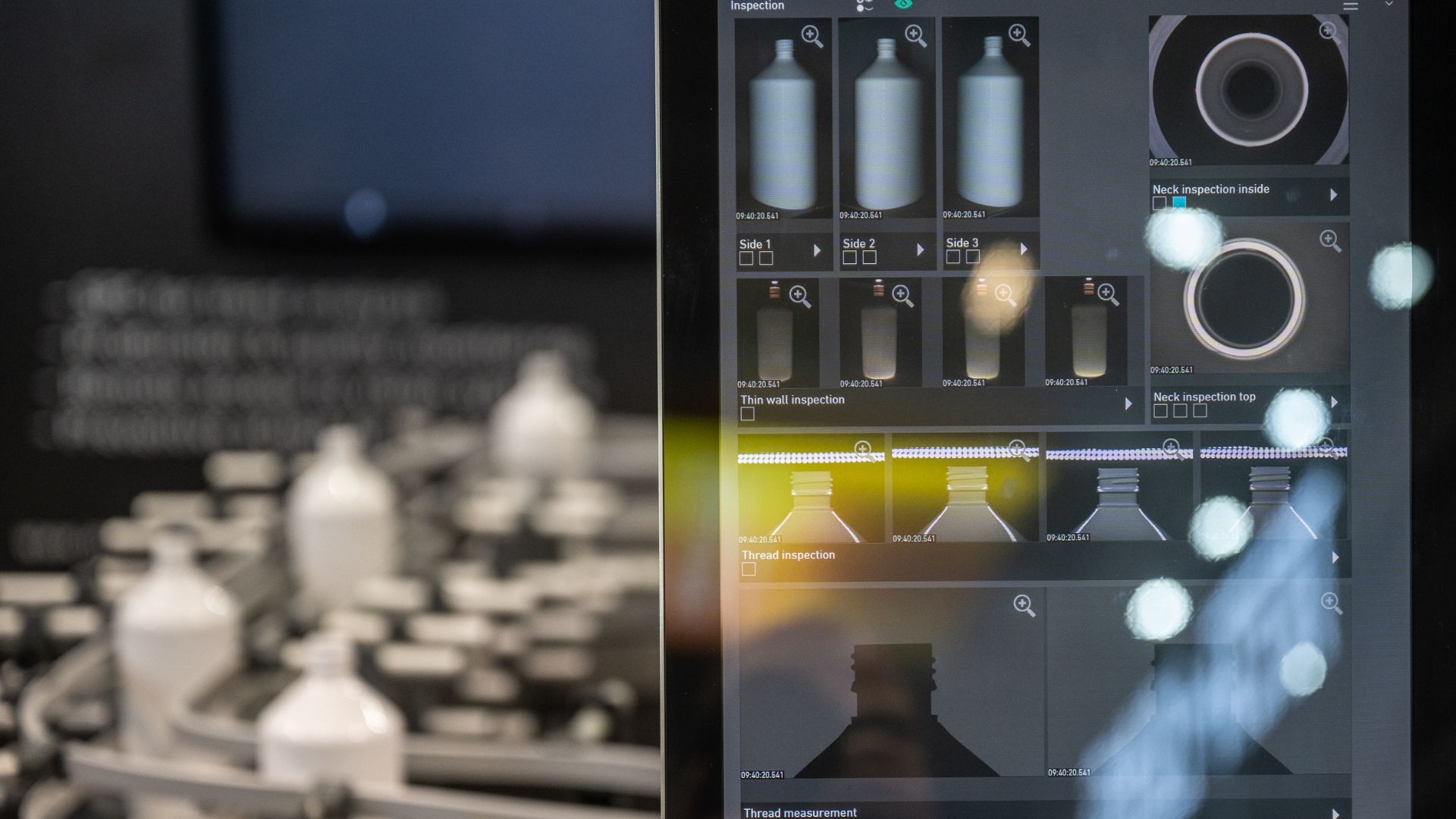
Data2Value
A post by Thomas Birus
Read more